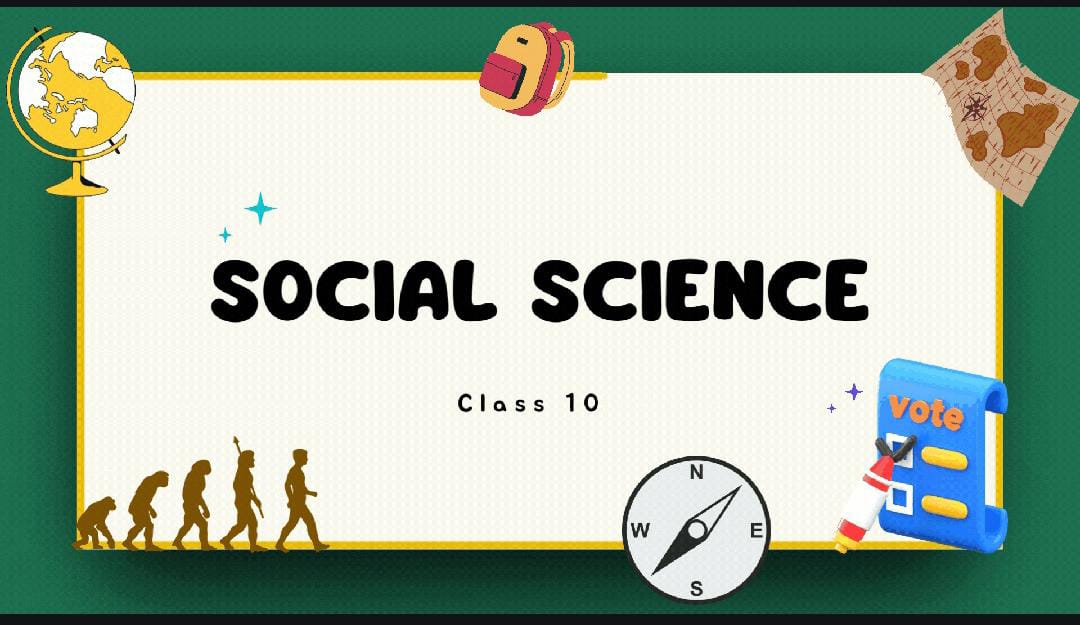NCERT Class X – Economics

About Course
Class 10 Economics typically covers fundamental concepts of economics that lay the foundation for understanding how economies operate. Here’s a brief overview of what you might encounter in a Class 10 Economics curriculum:
1. **Development**:
– **Concept of Development**: Understanding what development means and how it is measured. This includes economic growth, quality of life, and human development indices.
– **Indicators of Development**: Key indicators like GDP, literacy rates, life expectancy, and poverty rates.
2. **Sectors of the Indian Economy**:
– **Primary Sector**: Agriculture and its importance, challenges faced by farmers, and government policies.
– **Secondary Sector**: Industrialization, role of manufacturing in the economy, and issues related to industrial growth.
– **Tertiary Sector**: Services sector, including education, healthcare, and information technology, and its impact on economic development.
3. **Money and Credit**:
– **Role of Money**: Functions of money, types of money (currency and deposits), and the role of banks.
– **Credit and its Importance**: How credit is created, its role in economic development, and the impact of credit on various sectors.
– **Sources of Credit**: Different sources like banks, cooperatives, and informal lenders.
4. **Globalization and the Indian Economy**:
– **Concept of Globalization**: What globalization means and how it affects economies worldwide.
– **Impact on India**: How globalization has impacted Indian industries, employment, and economy.
5. **Consumer Rights and Protection**:
– **Consumer Protection**: Understanding the rights of consumers, the role of consumer forums, and mechanisms for resolving disputes.
– **Importance of Consumer Protection**: How protecting consumer rights contributes to economic fairness and transparency.
6. **Sustainable Development**:
– **Concept of Sustainable Development**: Balancing economic growth with environmental protection.
– **Challenges and Solutions**: Issues like resource depletion, environmental degradation, and sustainable practices.
These topics aim to provide a broad understanding of economic principles and their application in real-world scenarios, helping students grasp how economic systems function and the impact of various factors on economic development.
Course Content
Chapter 1: Development
-
Introduction
00:00 -
Sectoral Distribution
00:00
Chapter 2: Sectors of the Indian Economy
Chapter 3: Money and Credit
Chapter 4: Globalisation and the Indian Economy
Chapter 5: Consumer Rights
Student Ratings & Reviews
